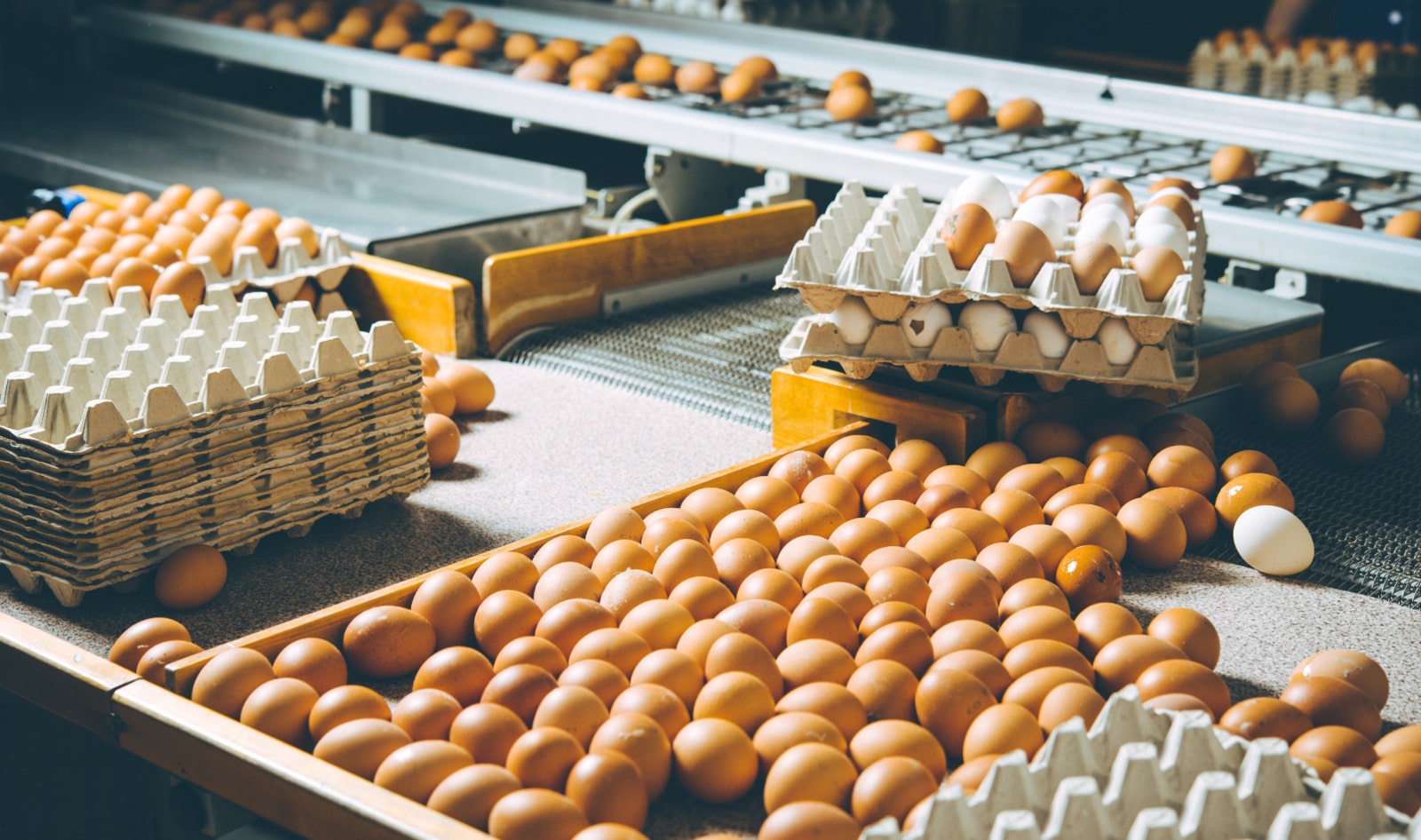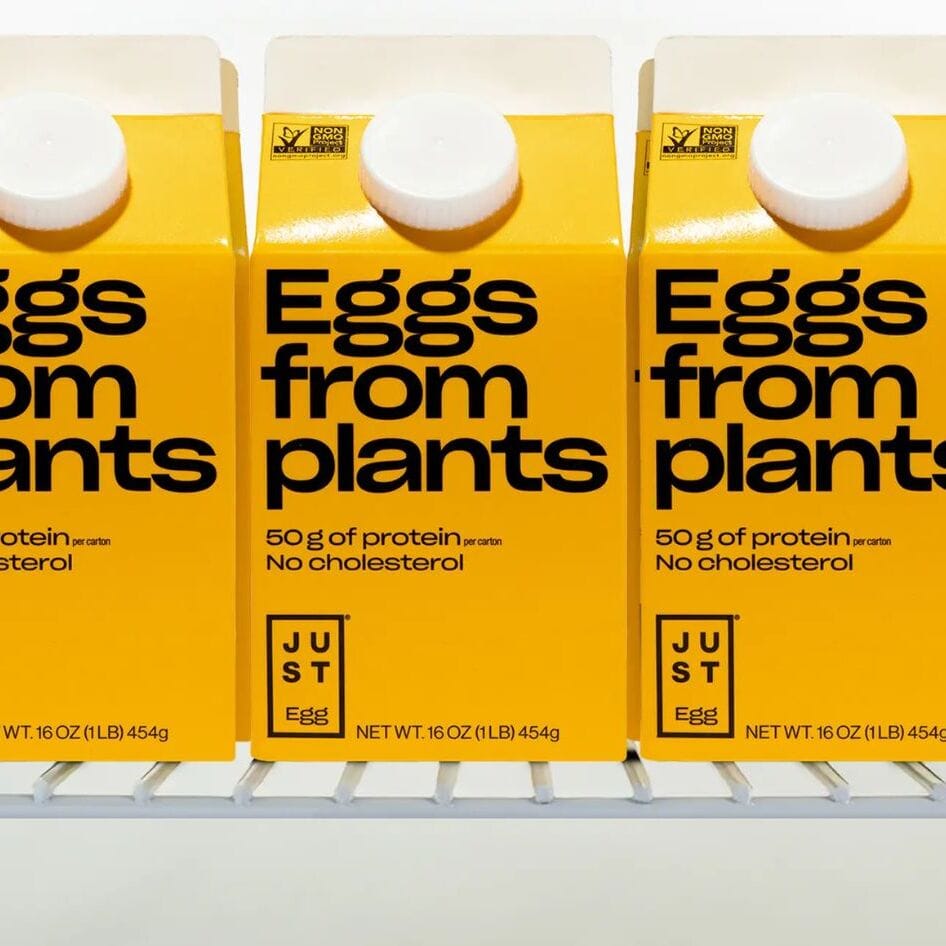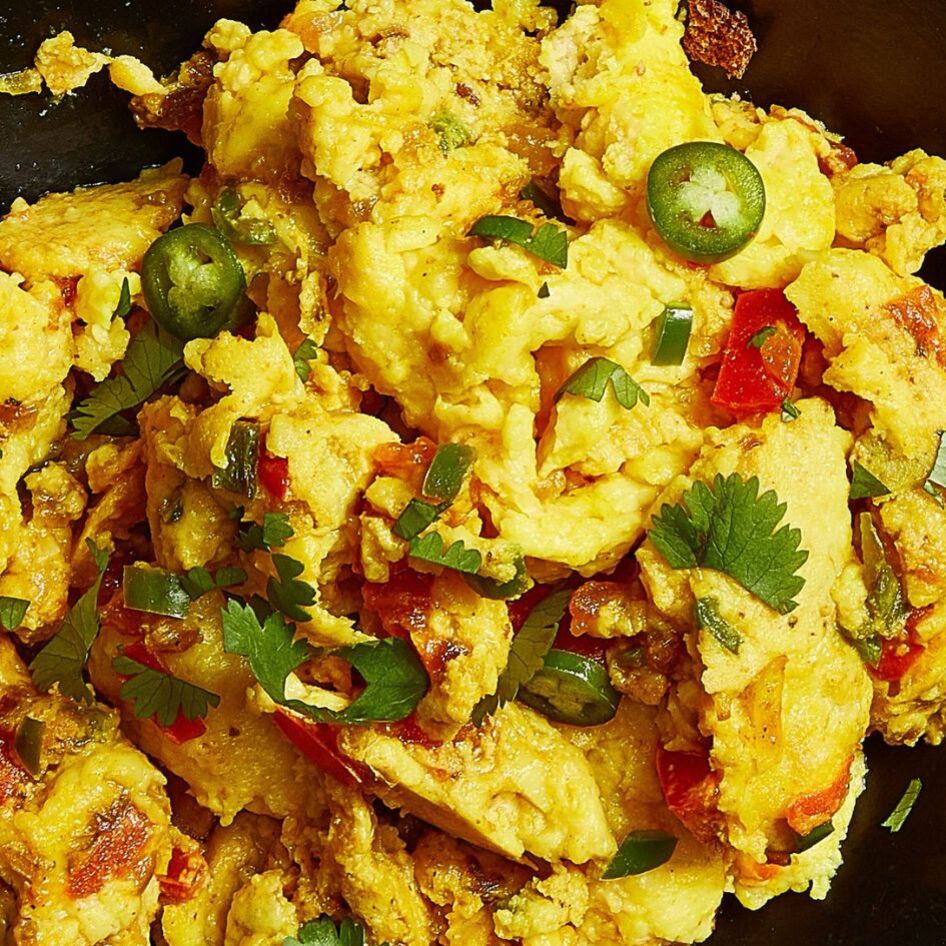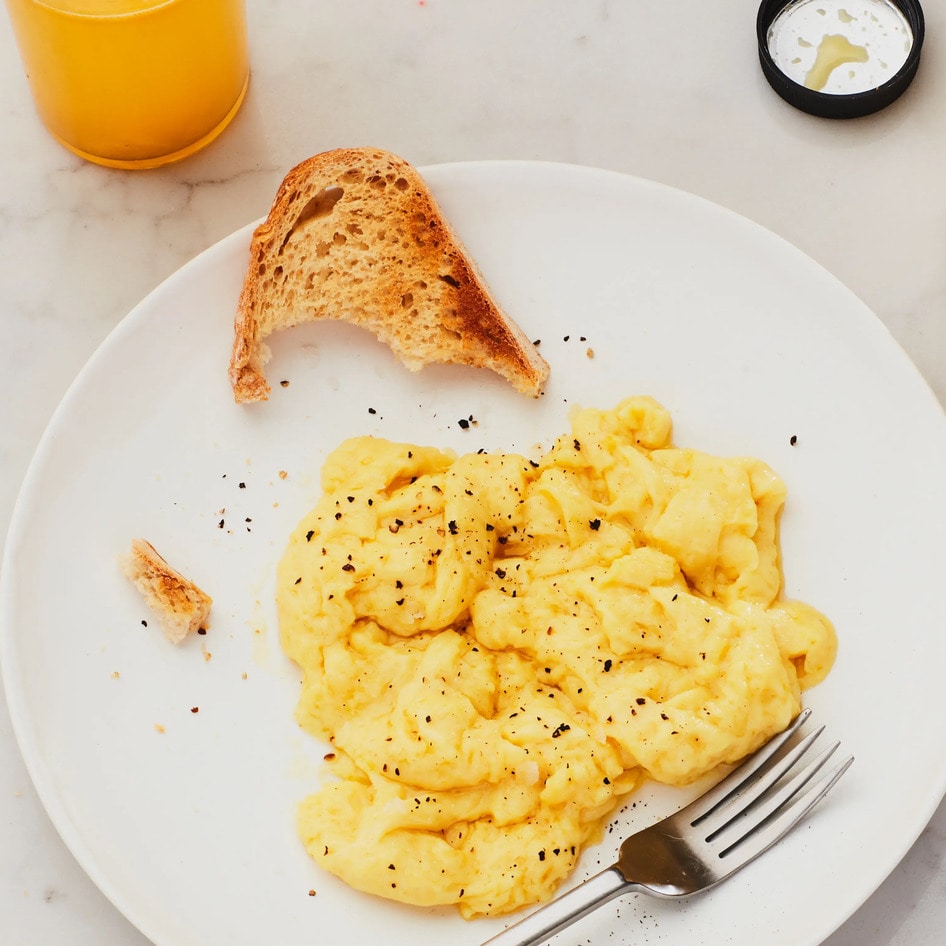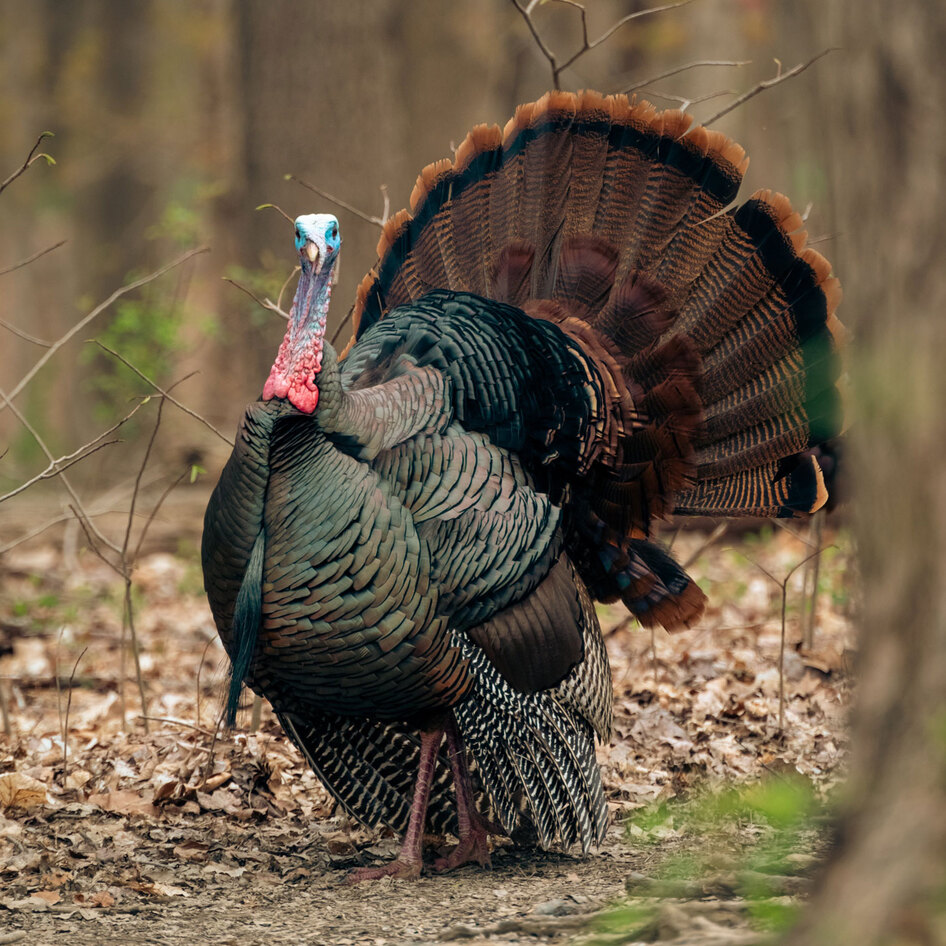Bird flu is nothing new. The virus was first detected in Chinese poultry in 1996 and began spreading through wild bird populations in the mid-2000s. But by 2020, things had taken a more serious turn. While the world was grappling with the COVID-19 pandemic, wild birds were facing their own crisis: a new, more resilient, year-round strain of bird flu had emerged.
It spread quickly through wild bird populations before reaching farms. By April 2022, nearly 31 million farmed birds in the US alone were affected. By 2024, that number had surged to 125 million. The virus jumped to other animals too, including cows, cats, and even humans. The media sounded the alarm. The egg industry was in crisis. There was talk of another pandemic. And then? Everything slowed down.
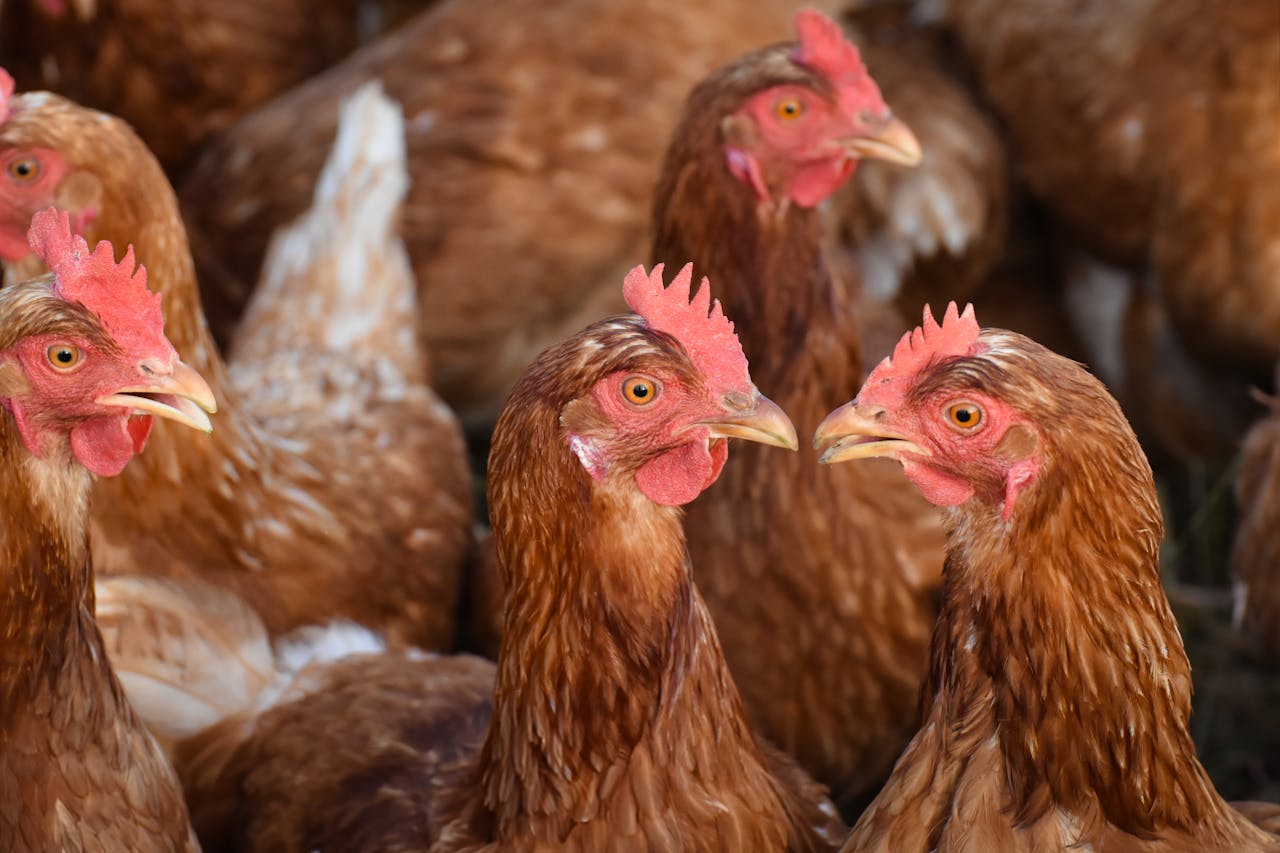
So, what happened? Has bird flu finally disappeared? Probably not, say experts.
Has bird flu gone away?
For the last few years, it’s been impossible to avoid bird flu headlines. But in recent months, reports have become rarer, and that’s because cases appear to be declining. In 2024, for instance, there were 67 human cases worldwide. So far in 2025, there have only been three. Farmed bird cases are also trending downward: 23 million birds were culled in January, compared to 3 million across March and April.
But experts warn we shouldn’t let our guard down yet. “The flu is still there, and we just don’t know enough about it,” Angela Rasmussen, a virologist at the University of Saskatchewan, told Scientific American.
One reason for the dip may be seasonal. Wild birds that spread the virus are nesting rather than migrating, and warmer temperatures could be weakening transmission. But experts are afraid that cases on farms could rise again this fall, once migratory birds return. Factory farms, where animals are packed tightly together, create ideal conditions for viruses to spread.
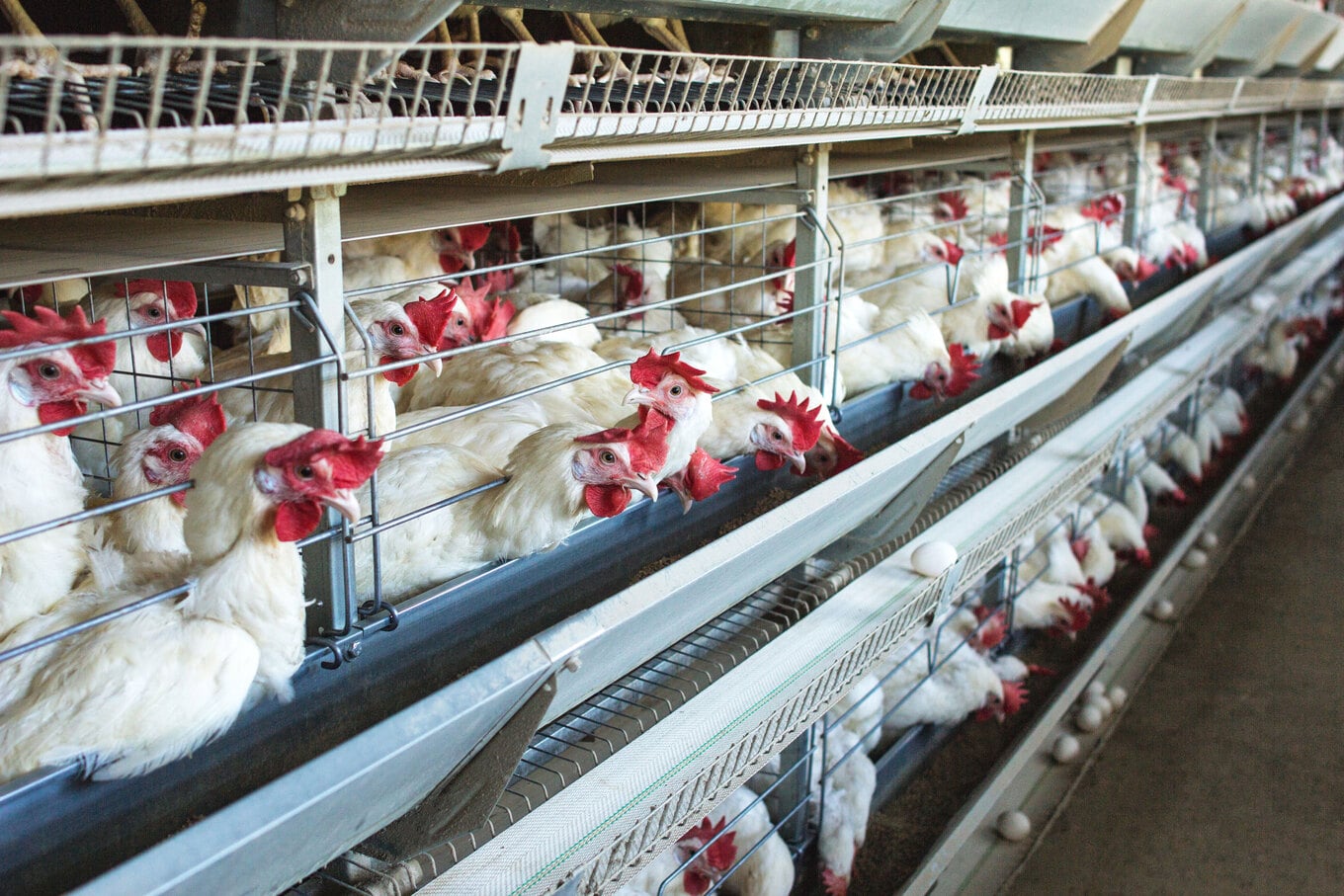
Adobe Stock
“The emergence of highly pathogenic avian influenza is linked to the intensification of the poultry sector,” Wendla Beyer, Policy Coordinator at international animal welfare organization Four Paws, said back in 2023. “Intensive farming has accelerated the circulation and mutation of the virus and continues to do so.”
Erin M. Sorrell, PhD, MSc, a senior scholar at the Johns Hopkins Center for Health Security, recently told the Public Health on Call podcast that the US should be preparing now for a possible resurgence this fall.
She said, “We’ve seen cases in South American countries where the birds have migrated. Those birds will come back north, but we do have some time now to plan and prepare.”
The egg crisis and vegan alternatives
A resurgence of bird flu could throw the egg industry back into chaos, with more shortages and soaring prices. Consumers are already feeling the strain: in February 2025, a dozen eggs cost nearly $6, almost double the price than the year prior.
The government has been trying to import more eggs to ease costs, but new tariffs proposed by the Trump administration could push prices even higher.
That’s where plant-based egg brands see opportunity. Their products look, cook, and taste like chicken eggs, but they are without cholesterol, animal welfare risks, or virus disruptions. And unlike conventional eggs, their prices are relatively stable.
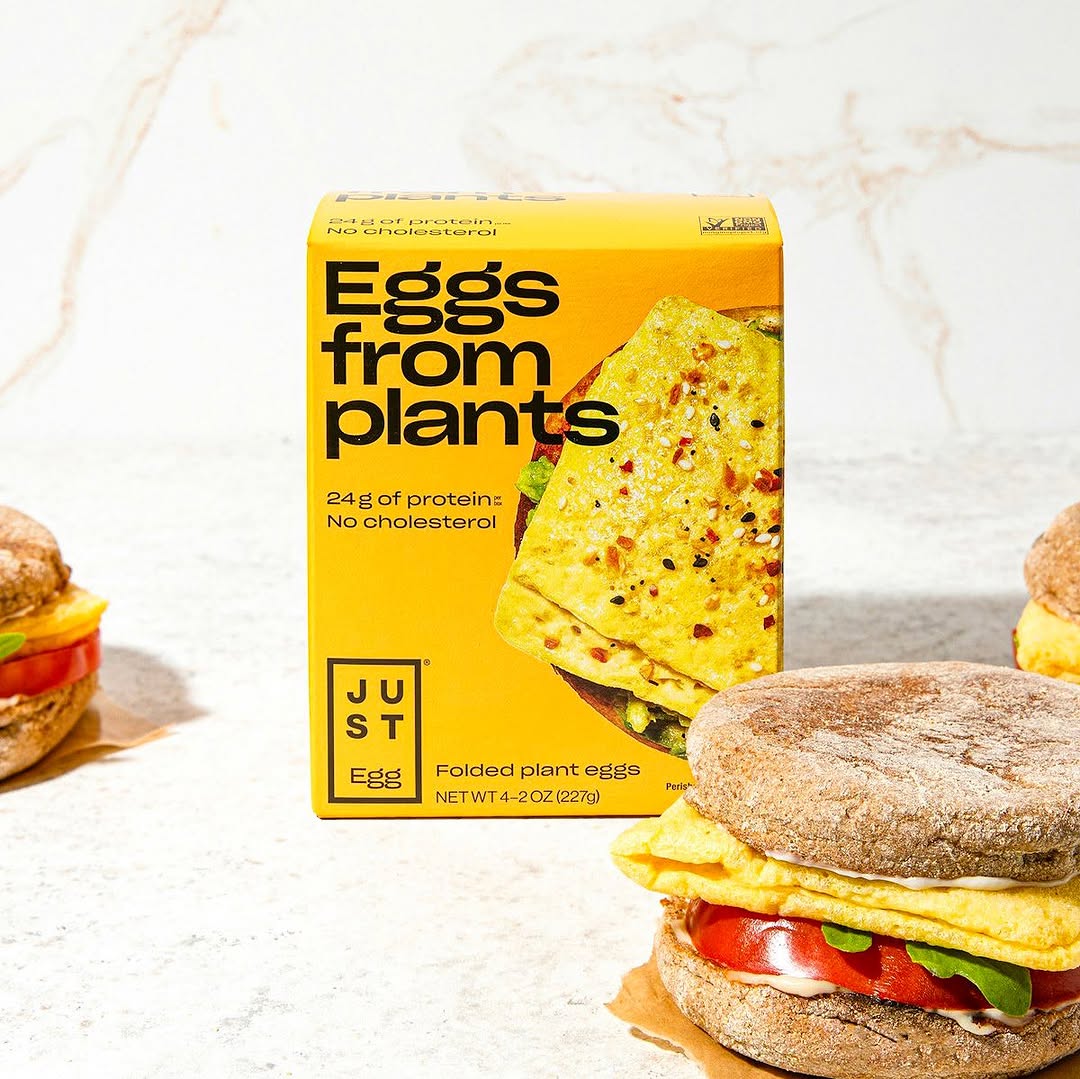 Eat Just
Eat Just
BECOME A VEGNEWS VIP: Get exclusive product deals, freebies, and perks galore!
“Often, we’re the only egg option in stock, creating an unprecedented awareness opportunity in the plant-based category,” Just Egg CEO Josh Tetrick told VegNews earlier this year. “I think this is the most important moment for any plant-based product ever. Americans want their morning omelets and scrambled eggs, and we’re here with a reliable, planet-friendly choice.”
British vegan egg brand Crackd, now available in Texas and Chicago, has a similar view. Jonathan Traub, president of Plant Heads Inc. US, the company behind Crackd, said in a statement: “We think this is the perfect opportunity to provide a versatile, delicious—and available—answer for barren egg shelves and soaring prices.”
For more plant-based stories like this, read:
JUMP TO ... Latest News | Recipes | Guides | Health | Subscribe

